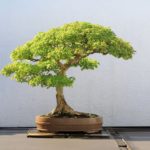Greenery is an essential element in any home, and house plants are a common feature in most living rooms. Adding house plants to your living space not only adds a touch of nature but also helps purify the air, creating a vibrant and comfortable atmosphere to relax in after a long day.
Listed below are some aesthetically pleasing and air-purifying house plants that are perfect for your living room:
1 Snake Plant
The Snake Plant, also known as Mother-in-Law’s Tongue, is a popular choice for indoor plants. Beyond its aesthetic appeal, it holds symbolic meaning in feng shui, representing good health and warding off negative energy. Scientifically, it is a resilient plant that tolerates heat and drought while requiring minimal care. Its upright leaves also make it a space-saving option.
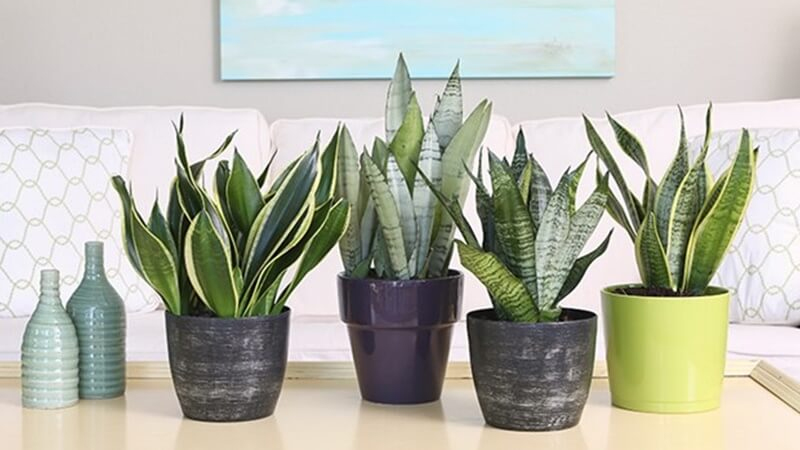
The leaves of the Snake Plant are adept at absorbing pollutants and purifying the air. This plant is highly beneficial for respiratory health and boosting immunity.
2 Money Tree Plant
The Money Tree Plant, also known as the Pachira aquatica, thrives in shaded environments, making it ideal for placement in living rooms or offices. In feng shui, its name signifies wealth and prosperity, attracting good fortune to its owners.
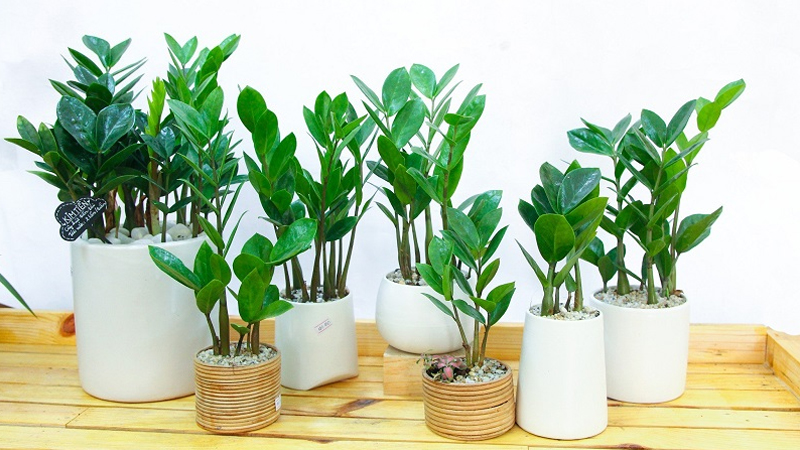
Scientifically, this plant is a powerful air purifier, capable of absorbing dust and pollutants. Its large, vibrant green leaves and branches create a soothing atmosphere, helping to alleviate stress and promote a sense of calm.
3 Peace Lily
The Peace Lily, or Spathiphyllum, is a shade-loving plant that can thrive in low-light and cool environments. Its large, deep green leaves and pristine white flowers exude an air of elegance and sophistication. This plant is renowned for its exceptional air-purifying capabilities and is effective at reducing radiation and electromagnetic waves.
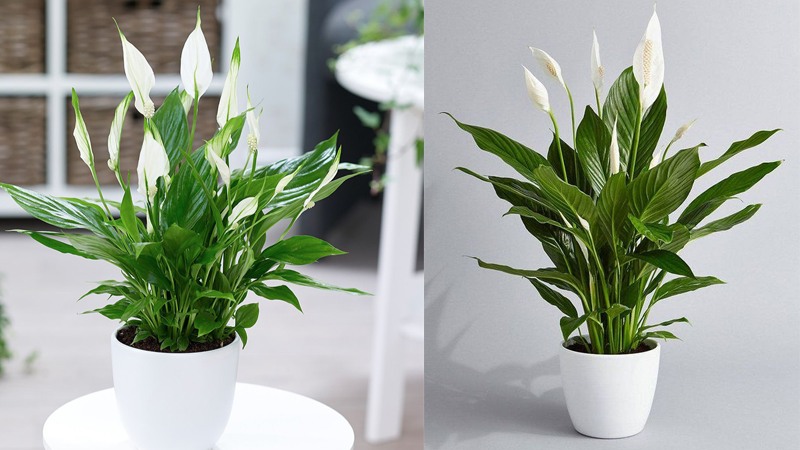
4 Red Aglaonema
The Red Aglaonema, also known as the Chinese Evergreen, boasts large, vibrant green leaves with a striking red hue. In feng shui, this plant symbolizes good fortune and blessings for its owners. Scientifically, it is an excellent air purifier, capable of removing toxins from the air, including those emitted by air conditioners and other household appliances.
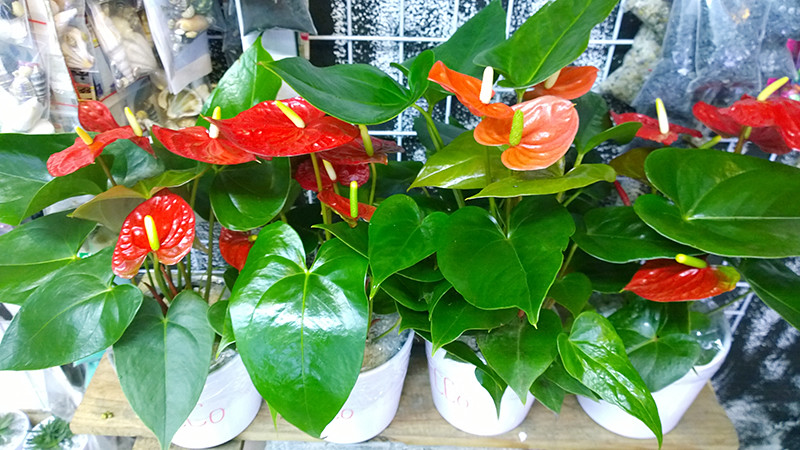
5 Dwarf Palm
The Dwarf Palm, also known as the Parlour Palm, is a compact and elegant plant often displayed in living rooms and offices. Its small stature makes it a space-efficient choice. The Dwarf Palm is an effective air purifier, removing harmful toxins from the air and creating a fresh and healthy living environment.
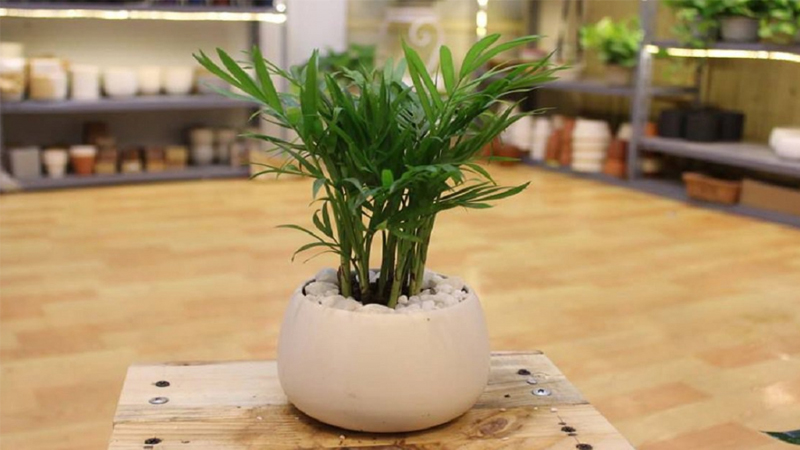
6 Chinese Evergreen
The Chinese Evergreen, also known as the Aglaonema, is a long-lasting plant with large leaves. In feng shui, it is believed to bring good health and luck to its owners. This plant is an exceptional air purifier, capable of removing toxins and creating a fresh and healthy atmosphere in your home.
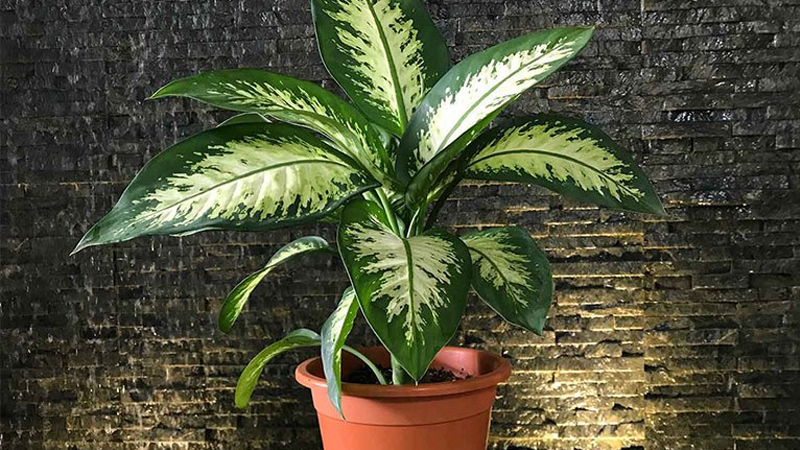
7 Ponytail Palm
The Ponytail Palm, also known as the Elephant Foot Tree, is named for its resemblance to a ponytail. In feng shui, it symbolizes wealth and abundance. Scientifically, it has been proven to effectively remove toxins such as benzene and formaldehyde from the air, even in low-light and cool conditions.
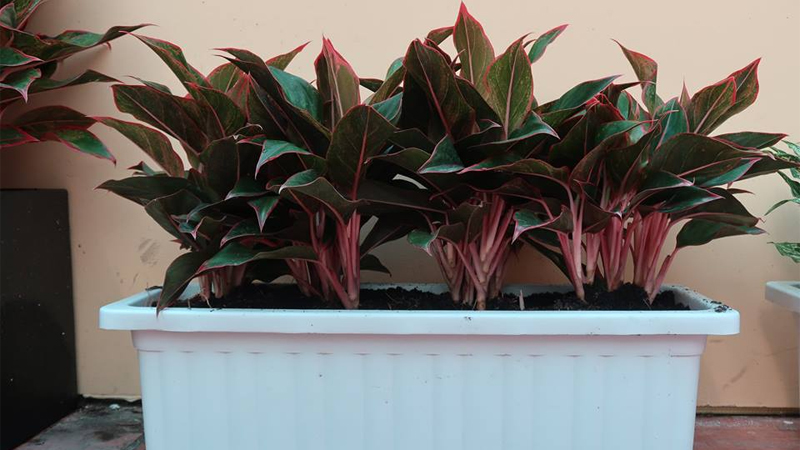
These are just a few examples of house plants that can enhance the feng shui of your living room while providing aesthetic appeal and air-purifying benefits. If your space is lacking a natural touch, consider adding one or more of these plants to create a harmonious and healthy environment.





























